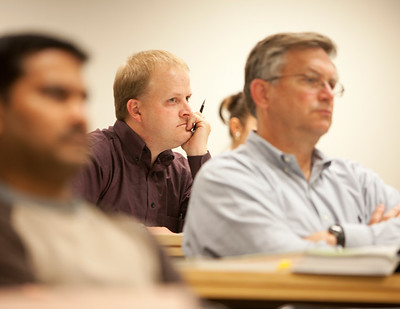A new survey released last month by Lane Terralever showed that prospective college students are rethinking their enrollment plans. Among traditional students – those age 18-22 and seeking a four-year degree – more than one-third are reconsidering higher education. Not surprisingly, the reason is the pandemic. Nearly half of students whose enrollment plans included a one- or two-year program 43% wanted to delay the start of their studies.
Affordability was high on the list of reasons that prospective students were reconsidering their higher education plans. Four in ten respondents said that they had to change their plans for financing their educations. More than a third of students who intend to enroll in post-secondary programs plan to pay for their educations themselves.
The survey also confirmed what many universities already know: traditional students expect more than just an education. They also want the experience, and the pandemic is making it hard for universities to deliver that. Nearly two-thirds of traditional students believe that online learning doesn’t deliver a valuable learning experience. On the other hand, almost half of non-traditional students – older students – say that the online experience delivers what they’re looking for.
Non-traditional students may be returning to the classroom to retrain or complete a degree they stopped working on earlier. These students may already have a full-time job. They are likely to have a family, too. Online classwork offers them the opportunity to attend classes while they manage work and family needs. Most traditional and non-traditional students agreed that having a degree was important.
Non-traditional students are making enrollment plans
The survey identifies opportunities to increase enrollment. But those opportunities may not be among students age 18-22. More likely, community colleges will find that they are better able to support non-traditional students’ enrollment plans. Non-traditional students are more likely to believe that a post-secondary degree is essential. They’re more likely to find value in online learning, and they’re less concerned with getting a “college experience” than they are with earning a college degree.
What non-traditional students need is affordable education. Balancing work (especially with a low-paying job) and family requires support. Non-traditional students may not be aware of financial aid opportunities available to them. Or they may think that because they’re working, they’re not eligible for financial aid.
Recruiting students and retaining them means developing and delivering the right support for non-traditional learners. Raising enrollment takes work, creativity, and a clear understanding of available opportunities. Washtenaw County does not need a college administration that prefers risky revenue generation schemes over recruiting non-traditional students.
Photo Credit: Newman University , via Flickr






















